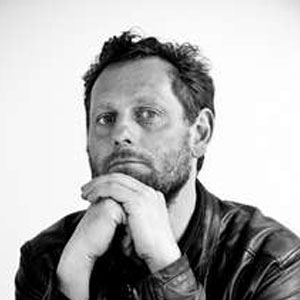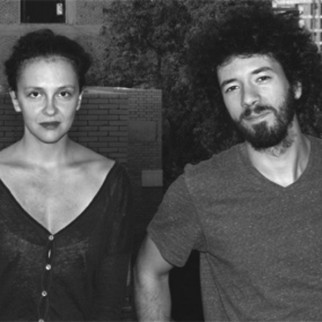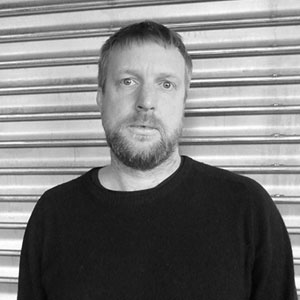HITO STEYERL
Born in 1966, she lives and works as an artist, filmmaker and essayist in Berlin.
PhD in Philosophy from the University of Vienna and professor of New Art
Media at the University of Berlin, her essays both written and audiovisual focus
on topics such as feminism, political violence and digital technologies.
‘Hito Steyerl’s films and essays take the digital image as a point of departure for
entering a world in which a politics of dazzle manifests as collective desire. This
is to say that when war, genocide, capital flows, digital detritus, and class
warfare always take place partially within images, we are no longer dealing with
the virtual but with a confusing and possibly alien concreteness that we are only
beginning to understand. Today the image world, Steyerl reminds us, is far from
flat. And paradoxically it may be in its most trashy and hollowed out spots that
we can locate its ethics. Because this is where forms run free. It is where
spectacle and poverty merge, then split, then dance’ (Brian Kuan Wood).
Steyerl’s works have been shown around the world in numerous exhibitions and
at a range of film festivals, most recently in the Kunstmuseum, Basel (2018), the
Institut of Contemporary Art, Boston (2017), the Museum of Contemporary Art,
Los Ángeles, CA (2016), the Artists Space, New York (2015), the Museo
Nacional Centro de Arte Reina Sofia, Madrid (2015), the Institut of
Contemporary Arts (ICA), London (2014), the Van Abbemuseum, Eindhoven
(2014), the Art Institute of Chicago (2013) y the Venice Biennale (2013). In
2007 she took part in documenta 12.

OLAF NICOLAI

PHILIP RIZK, JASMINA METWALY
Born 1982, is a filmmaker and writer based in Cairo, Egypt. He studied
JASMINA METWALY
Born 1982, lives and works as an artist in Cairo. She studied painting at the
University of Arts in Poznań. She is cofounder of the Mosireen media
collective, which was formed during the 2011 revolution in Egypt in order to
establish a platform for citizen journa lism and an archive of the revolution.
Metwaly’s works have been shown at the Berlin International Film Festival
(Berlinale) and at the International Film Festival Rotterdam. Her contributions to
Mosireen took her to the 7th Berlin Biennale in 2012 and were included in the
exhibition Cairo. Open City. New Testimonies of an Ongoing Revolution in
Braunschweig, Essen, and Hamburg (2012/13). She has also had individual
works shown in galleries and art spaces in Cairo, Ramallah, London, and
Wroclaw. Since 2010, she has collaborated on a regular basis with Philip Rizk.
Their joint work is concerned with new ways for people to participate as
subjects of their (hi)stories and with new forms of filmic and political
representation.

TOBIAS ZIELONY
Photography at the University of Wales, Newport, and did his postgraduate
studies under the supervision of Timm Rautert at the Academy of Visual Arts
Leipzig.
The starting point for his work was the observation of a global youth culture,
often in the abandoned spaces of post industrial structures and shrinking cities.
In recent years, his photographs and films have focused on marginalized
groups in capitalist societies. They reflect on traditional photographic narrative
styles and can be read as an alternative to conventional forms of documentary
presentation. Zielony sees the camera as a stage for his protagonists.
His work was recently seen in the following exhibitions: Dream Lovers. The
Films 2008–2014, KOW, Berlin / Galleria Lia Rumma, Naples (2015); Vele,
Esker Foundation, Calgary (2014); Lichtwark revisited, Hamburger Kunsthalle
(2014); Jenny Jenny, Berlinische Galerie, Berlin (2013); Live Cinema /
Peripheral Stages (with Mohamed Bourouissa), MAXXI Museo Nazionale delle
Arte del XXI Secolo, Rome, and Philadelphia Museum of Art (2012); and Tobias
Zielony: Manitoba, MMK Zollamt, Frankfurt am Main (2012).